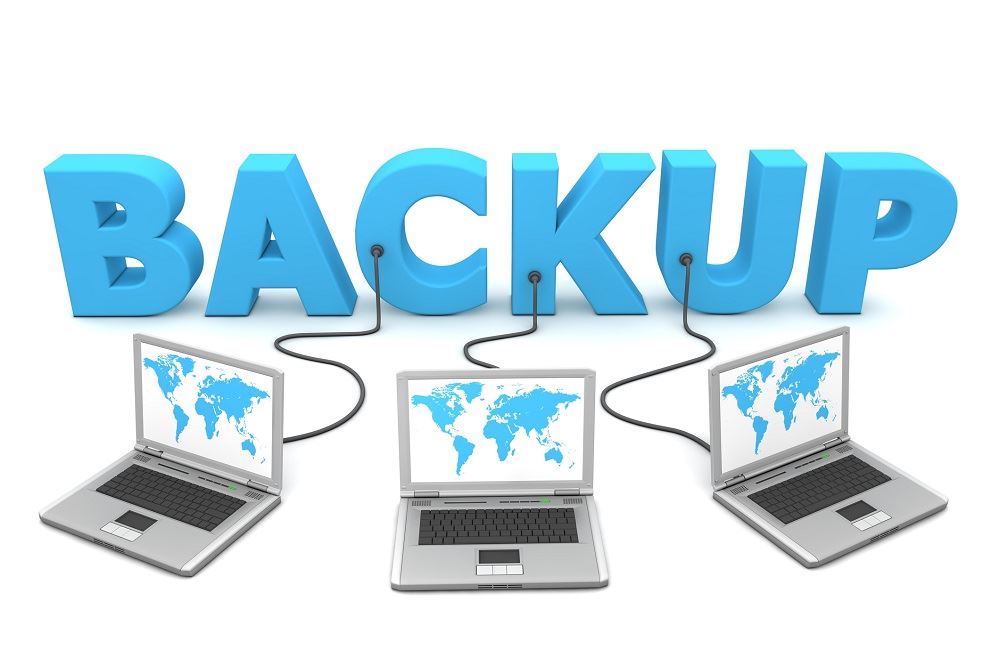Affordable Saas Backup For Software Backup For Remote Work
Organizations must overcome the crucial challenge of protecting their priceless information as digital data storage becomes more and more important. By offering safe and accessible storage for important data, cloud database backup offers a solution. In this article, we'll go over the significance and advantages of cloud database backup as well as the best methods for putting it into practice.
- Recognizing Cloud Database Backup
Versatile Remote Laptop Backup Solution Trends
The act of storing copies of your database online in a remote server or data center is known as cloud database backup. It offers an off-site backup option that guarantees data redundancy, hardware fail-safeness, natural disaster defenses, and cyber threats.
- Cloud database backup benefits:
Accessible Backup Solution For Hard Drive Market Analysis
Compared to conventional backup techniques, cloud database backup has a number of advantages. These comprise:
- Data redundancy: By storing data across multiple servers, hardware failures and disasters are less likely to cause data loss.
Scalability: With cloud backup, you can quickly increase or decrease the amount of storage you need depending on your needs.
Accessibility: With cloud backup, any internet-connected device will allow you to access your data whenever and wherever you want.
Cost-effectiveness: Cloud backup eliminates the need for pricey backup personnel, infrastructure, and maintenance.
Automated Backups: By automating scheduling and incremental backups, cloud backup services frequently eliminate the need for manual labor.
Innovative Online Images Backup Service In Detail

- Selecting the best Cloud Database Backup Service:
Take into account the following when choosing a cloud database backup provider:
Proactive Backup Solution For Owncloud Advantages
- Security Measures: Make sure the provider uses reliable security measures like compliance certifications, access controls, and encryption.
- Reliability: Look for businesses that have a solid reputation for dependability and high uptime assurances.
- Scalability: Verify that the service provider provides flexible storage options to meet your expanding data requirements.
- Data transfer speed: Take into account the provider's bandwidth and network infrastructure for quick and effective data transfers.
- Using cloud database backup to implement:
Rapid Windows Offsite Backup Explained
Follow these best practices to implement cloud database backup successfully:
- Define Backup Policies: Clearly specify your backup requirements, including the frequency, retention, and recovery point goals.
- Encryption: To guarantee the confidentiality and integrity of your data, encrypt it before moving it to the cloud.
- Regular Testing: To ensure that your backups are accurate and complete, regularly test the restoration process.
Implement monitoring and alerting mechanisms to quickly identify problems or failures in the backup procedure.
- Disaster Recovery Plan: Create a thorough disaster recovery plan that outlines how to recover data in the event of an emergency.
Customizable Hp Servers Key Features
- Managing a backup cloud database

Continuous monitoring and maintenance are necessary for managing cloud database backup. Think about these suggestions:
Flexible S3 Backup Software Windows In 2024
- Regularly Monitor Backups: Keep an eye on the backup procedure to make sure it's finished successfully and quickly fix any mistakes or failures.
- Review and update backup check this site out policies on a regular basis to keep up with evolving regulatory requirements and changing business needs.
- Retention Management: Depending on business priorities and legal requirements, control how long your backups are kept.
Implement data archiving techniques to move infrequently accessed data to cost-effective storage tiers while maintaining accessibility.
Periodic Reviews: Examine your cloud find this database backup strategy on a regular basis to spot areas for improvement and make sure it aligns with company objectives.
Messages to Remember:
Resilient On Premise Cloud Backup Ultimate Guide
Data redundancy, scalability, accessibility, cost efficiency, and automated backups are just a few of the advantages of cloud database backup, which offers secure and accessible storage for important data.
- When selecting a provider, take security precautions into account, as well as dependability, speed of data transfers, and reliability.
Creating backup policies, encryption, routine testing, monitoring and alerting, and creating a disaster recovery plan are all components of cloud database backup implementation.
Regular backup monitoring, backup policies updates, retention management, data archiving, and periodic reviews are all necessary to effectively manage cloud database backup.
Remember that protecting the sensitive data in your organization requires the implementation of a strong cloud database backup strategy. To guarantee data security, accessibility, and business continuity, embrace cloud backup's power.
Tailored Remote Office Backups Compliance Checklist
Data redundancy and protection against hardware failures or disasters are both guaranteed by cloud database backup.
Scalability, accessibility, cost-effectiveness, and automated backups are some of the advantages.
When selecting a provider, take security precautions into account, as well as dependability and data transfer speed.
- Adopt best practices like disaster recovery planning, encryption, regular testing, monitoring, and alerting.
Monitoring backups, updating policies, managing retention, putting data archiving into place, and conducting periodic reviews are look at these guys all components of effective management.